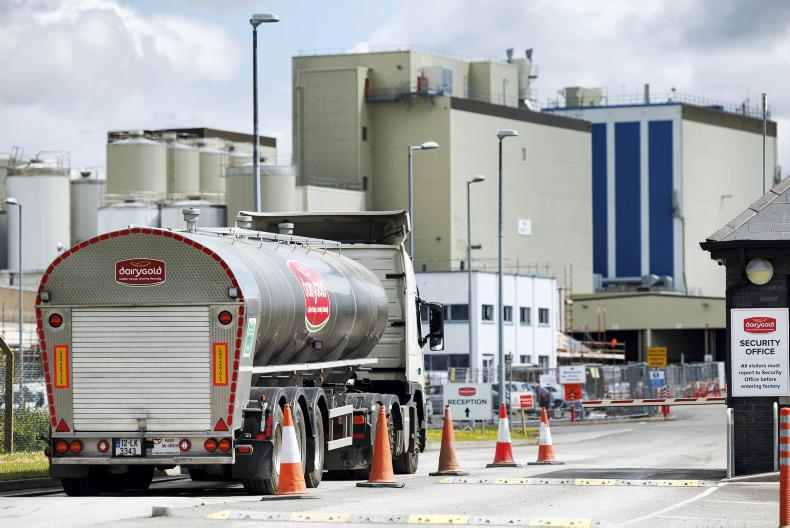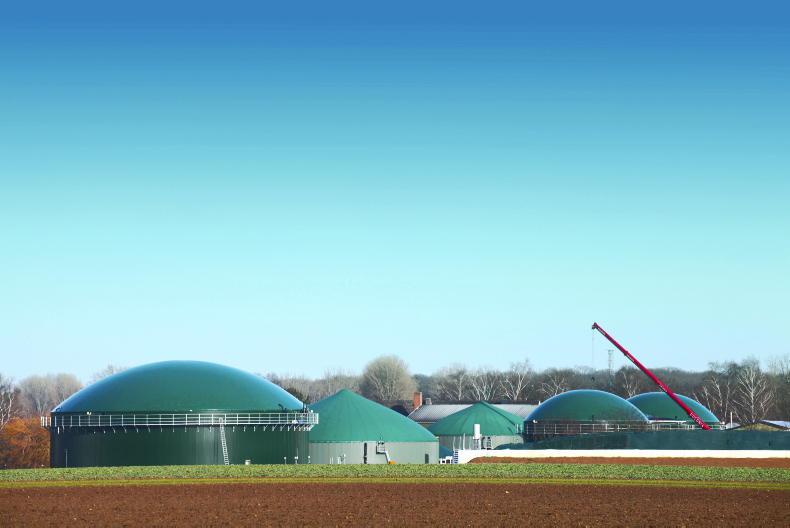We have an almost daily dose of positive soundings for farmers and food producers from politicians and EU Commissioners. An Taoiseach Simon Harris couldn’t have been more positively disposed to farming when speaking at the IFA event in the Curragh last Thursday.
He’ll bring an army of ministers together to fight to save the nitrates derogation and he’ll vote against Mercosur – at least in its current format.
At the same event, the current Minister for Agriculture Charlie McConalogue probably brought more of a realistic angle to the current state of affairs, possibly because he knows the agri brief, and farmers inside out and has the scars of battle.
Earlier this week, the then Agriculture and Environment Commissioner designates were in front of the EU Parliament to seek ratification for their positions. Again, we got a good dose of positivity and what they would like to do if voted into position.
The Luxembourg based Christophe Hansen, the Commissioner-designate for Agriculture and Food, presented the line that we need to deploy a new approach to deliver on sustainability.
“We need to fund positive environmental and social outcomes through rewards and incentives for ecosystem services,” he said. It sounded perfect, exactly what farmers would like to hear.
Maybe an even more important person and position for farmers than Hansen is the Swedish Environment Commissioner -esignate Jessika Roswall. Similarly she said, “we need to ensure that farmers have attractive and stable incomes, which reflect the crucial role in delivering for nature, regenerating soils, preserving clean water and air.”
The references to voting down Mercosur and the enticements from the EU of a positive upside, like a reward for carbon sequestration or nature credits, paints a very positive horizon for future farmers. It’s like farmers and food producers are being teased along to keep going, to continue doing the hard yards.
Back to reality
So while farmers were knocked over with positivity in the Curragh and in the European Parliament, back in the real world on Tuesday, our Department of Agriculture published a suite of proposed additional measures for the fifth Nitrates Action Programme.
It’s a consultation document open for 30 days, before many of the new measures come into effect in January 2025. The quick summary of the document is that it is a further tightening on productivity, a further reduction in stocking rate, and a further reduction in artificial nitrogen allowed.
Separately, Bord Bia’s Deirdre Ryan explained to the audience at the Teagasc Sustainability event in Ashtown on Tuesday that regulation and red tape for retailers and companies around sustainability is only going to get more intense.
She explained these companies are key customers for Irish food, so if they say hop, we have no choice but to hop. However, the elephant in the room remains – they want the sun, moon and stars on sustainability.
However, very few if anyone is willing to pay extra for more ‘sustainable’ food. Deirdre was clear – so far the evidence suggests consumers are not willing to pay extra and it remains the key question.
This week, the US people voted overwhelmingly to put the Republican Party and Donald Trump back into the Senate and the US Presidency respectively.
Based on history and political soundings that we know around the Republican and Trump policy, it’s clear the Trump policy of increasing tariffs on imports and protecting US food and energy will be centre-stage. That will further focus minds in Ireland and Brussels.
While Americans voted for change, results from our political poll this week for our upcoming general election suggest Irish farmers are staying with a Fianna Fáil and Fine Gael combination. It looks likely that perhaps ‘Independents’, rather the Greens will be propping up the main two political parties.
At the moment it’s like two parallel worlds operating independently – the political theatre and promises, versus the reality of farming with ever increasing red tape and bureaucracy for little premium or financial upside.
Something has to change – the negative subsidisation of Irish farming can’t continue. Productivity from one of the world’s highest quality, most carbon efficient food producers must be reignited.









SHARING OPTIONS